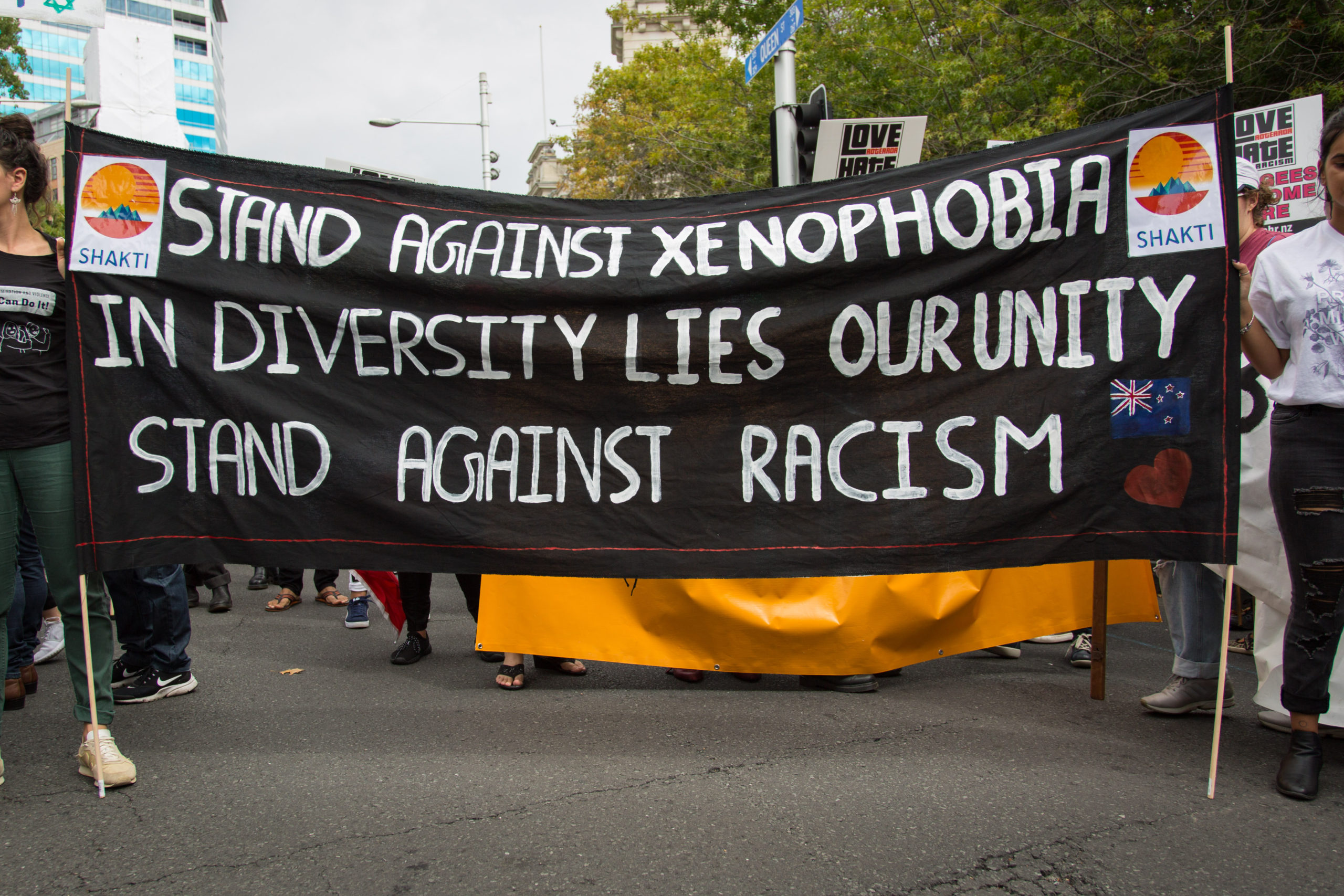The subtle xenophobia faced by the Asian demographic of Washington often goes unnoticed because of our multicultural population. Specifically, racial prejudice is seen in the mocking of Asian languages and music. What seems like harmless joking actually creates a hostile environment that solidifies stereotypes. This prejudice is rooted in our failure to respect the intertwining of cultures that comes with our school’s diversity.
There are at least 350 languages spoken in the U.S., yet only Romance languages like French or Spanish and their accents are viewed as normal and attractive. Many Asian languages and accents are deemed inferior because they are not as “cool” or “pretty.” It is impressive when someone is multilingual, and reducing them to just the language they speak or the accent they have is shameful. Language, an essential part of cultural identity, should be celebrated, so why is it seen as taboo to appreciate a language, whether you speak it or not?
A common example would be K-pop, a music genre that has been popularized worldwide by groups like BTS or NCT 127. As students, music is often a necessity that gets us through the day, and many people use it as a factor to determine which groups of people to hang out with. However, K-pop listeners at our school feel alienated, despite its popularity, due to the fact that Korean artists do not fit the image or style American artists have. Senior Roma Bhatia, an avid lover of K-pop, says “Many times, when people ask me why I like K-pop, I reply, ‘for the same reason you listen to music you like.’ K-pop makes me feel good, but I’m still met with blank stares that mask judgement.”
Furthermore, I have seen my own Indian peers make racial jokes at the expense of another Indian simply because they could, being of the same race. Indian accents are viewed as comedic, a joke to pull out for a good laugh. Reinforcing stereotypes normalizes them and makes other people think this behavior is acceptable. This kind of maliciousness occurs in a place where Asian students, including myself, are supposed to feel safe.
People who are not experiencing this have peers or teachers who are. Everyone should be working to make sure that our school remains a safe space for all people. One way to do this is to have an open mind towards the plethora of cultures that exist in Washington. Be aware of negative comments about culture or ethnicity and the impact they have on your peers. Being a member of a specific marginalized group does not mean you can make fun of that group. Our student body should be able to pride ourselves on how we embrace diversity, not how we emphasize cultural differences.
This reporter graduated in 2020.
Senior Nikita Prasad, opinions columnist for the Hatchet, is in her first year of journalism. She grew up in Fremont and is very passionate about her opinions. In her free time, Prasad enjoys cooking and baking. She plans to pursue culinary arts in the future by opening a bakery in Aix-en-Provence, France.

